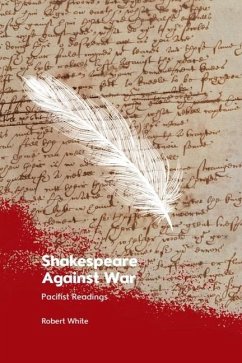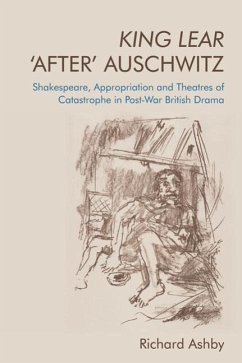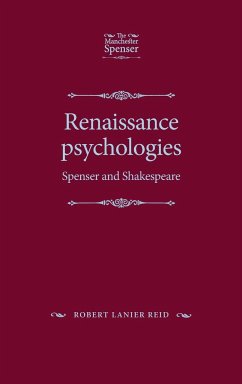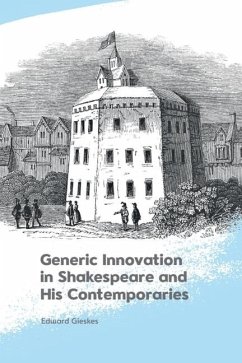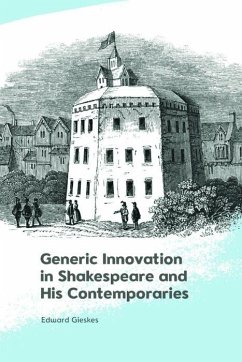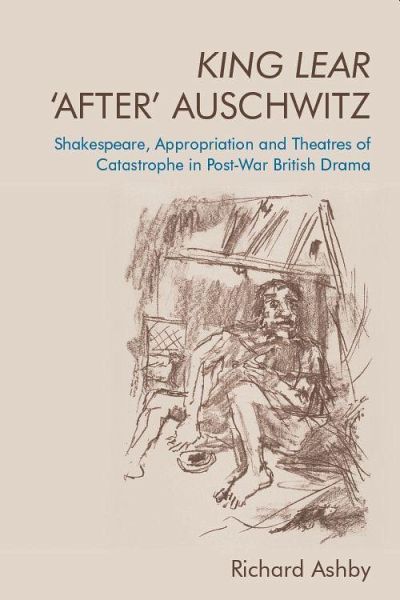
King Lear 'After' Auschwitz
Shakespeare, Appropriation and Theatres of Catastrophe in Post-War British Drama

PAYBACK Punkte
64 °P sammeln!
Analyses appropriations of King Lear in post-war British drama Since the events of the Holocaust, playwrights have variously appropriated King Lear to respond to the catastrophes of modern times. With case studies on the works of Edward Bond, David Rudkin, Howard Barker, Sarah Kane, Forced Entertainment and Dennis Kelly, the book explores a range of theatres of catastrophe in post-war British drama and the role that Lear has played in new forms of post-Holocaust tragedy and tragic freedom. Plays are situated in a wider critical and cultural discourse around Shakespeare and the Holocaust and th...
Analyses appropriations of King Lear in post-war British drama Since the events of the Holocaust, playwrights have variously appropriated King Lear to respond to the catastrophes of modern times. With case studies on the works of Edward Bond, David Rudkin, Howard Barker, Sarah Kane, Forced Entertainment and Dennis Kelly, the book explores a range of theatres of catastrophe in post-war British drama and the role that Lear has played in new forms of post-Holocaust tragedy and tragic freedom. Plays are situated in a wider critical and cultural discourse around Shakespeare and the Holocaust and the post-Auschwitz philosophical aesthetics of Theodor Adorno, whose influence on post-war playwriting remains profound. Richard Ashby is Visiting Research Fellow at the Institute of Advanced Studies.




